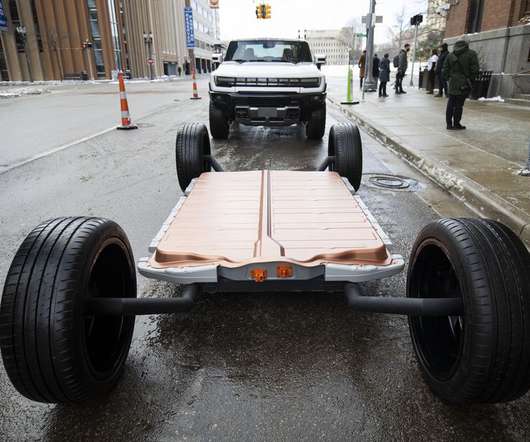DOE awarding $72M in 73 Phase II SBIR/STTR grants
Green Car Congress
MAY 25, 2017
Production of C 5 hydrocarbons from waste biomass. Obtaining sustainable sources of chemicals and processing organic waste in an environmentally responsible manner remains a challenge. This proposal aims to solve these problems by converting organic waste into chemicals with widespread use in polymer and transportation industries.













Let's personalize your content